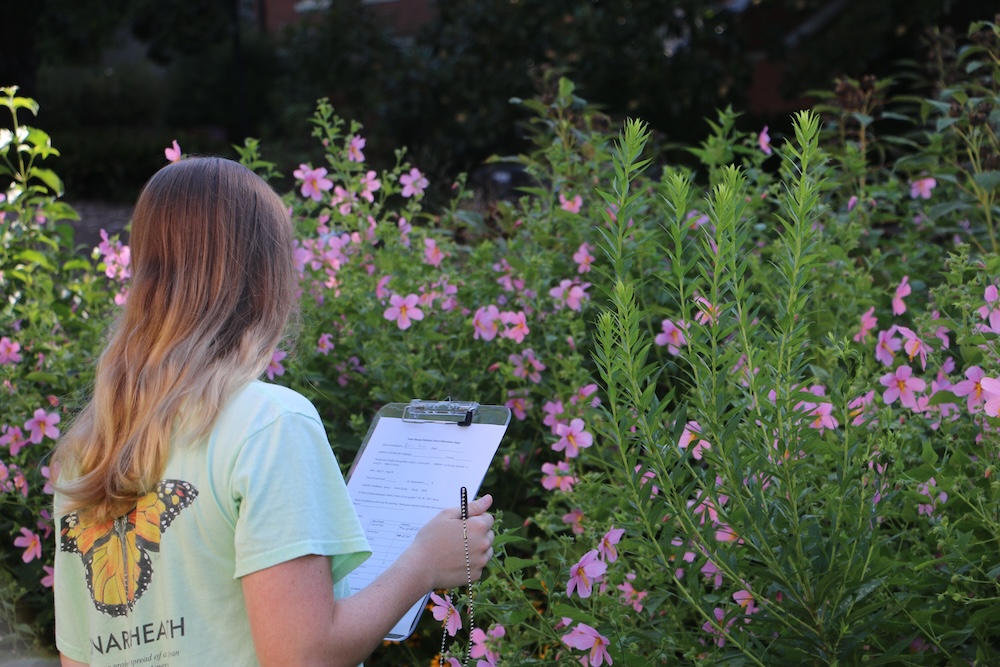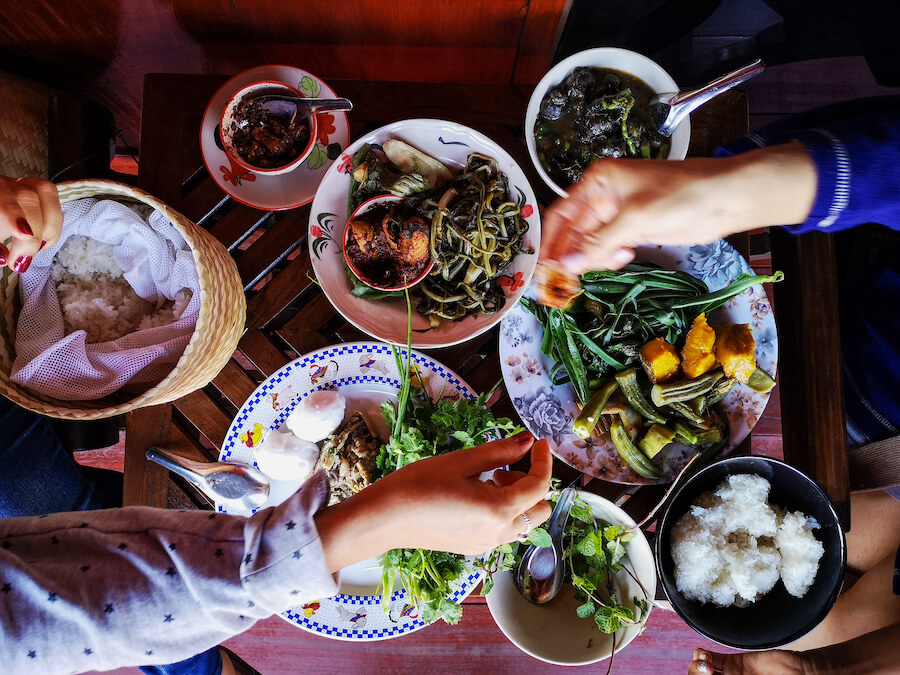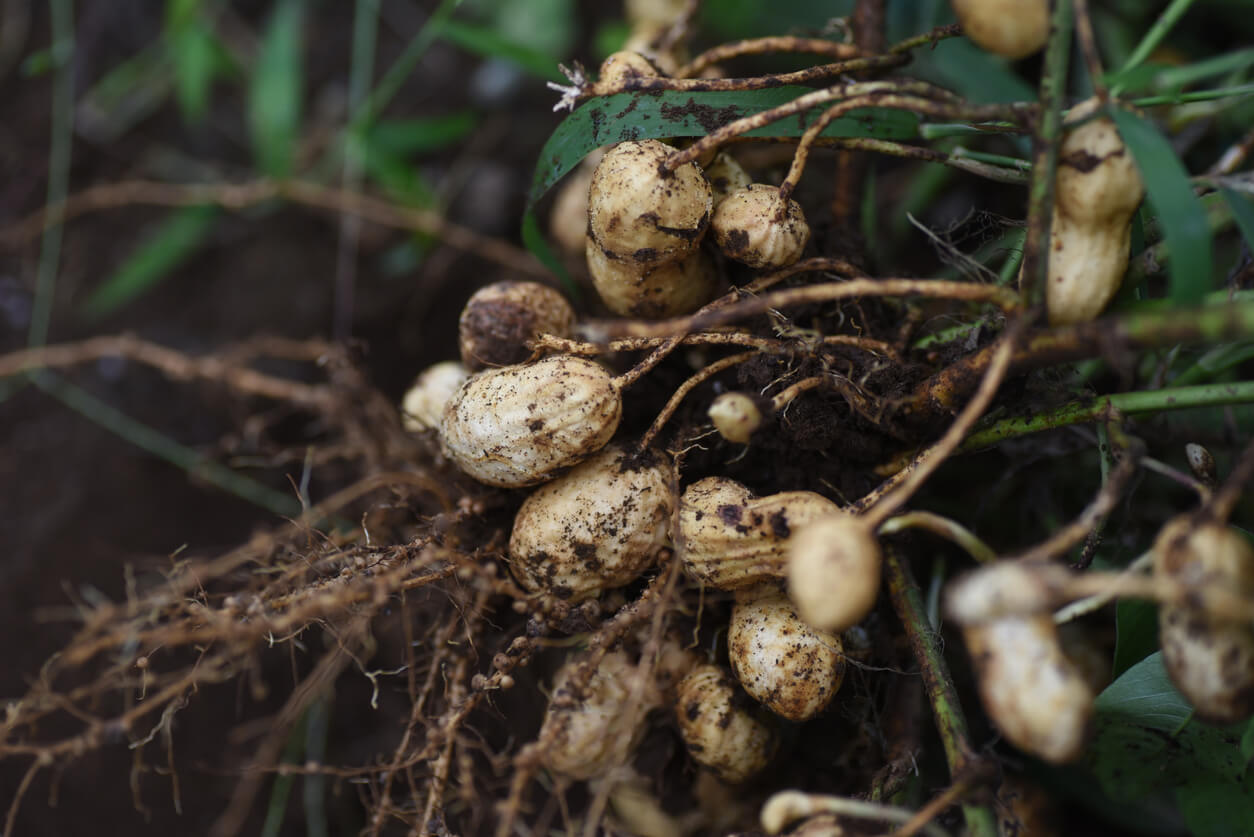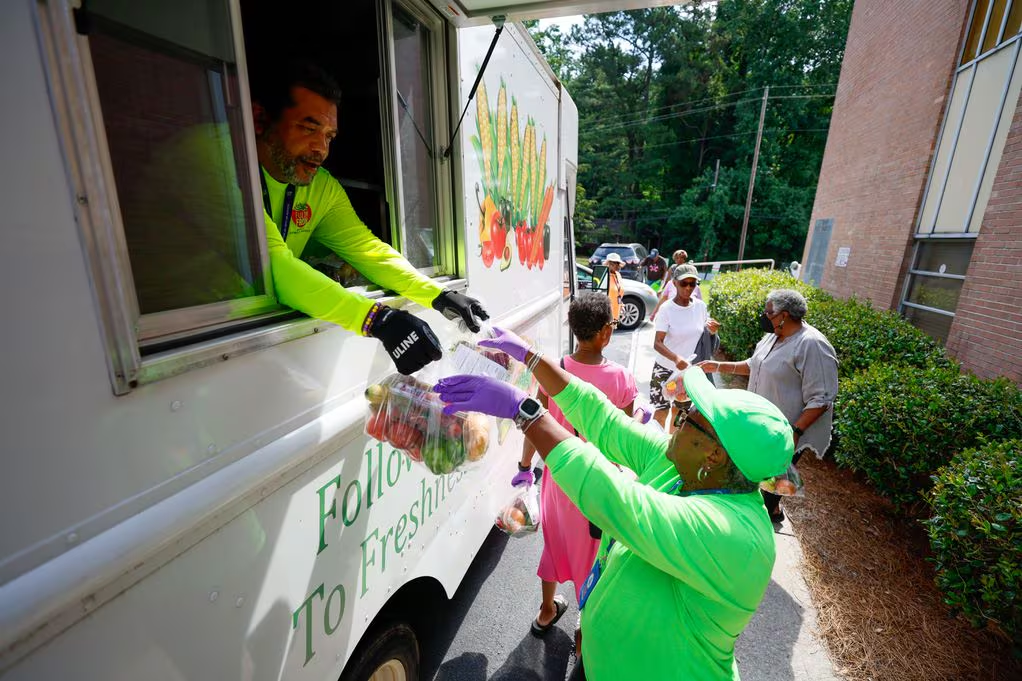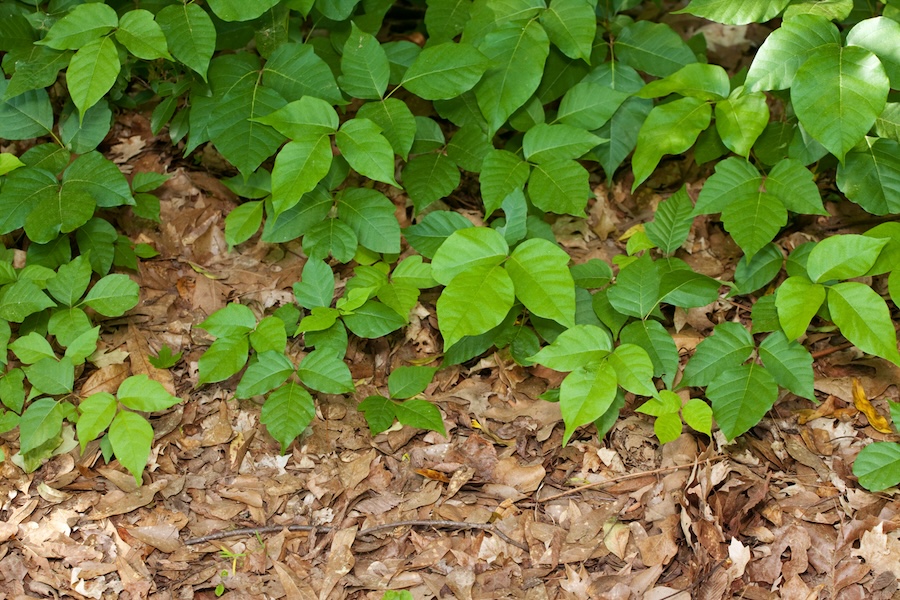 CAES News
CAES News
Toxic Plants
You've heard it all: dog mom, cat dad, plant parent. However you identify, if you are working on your green thumb and have pets, you need to know which of your plants could make your dog or cat sick. Young or new pets tend to nibble and taste plants as they explore and become familiar with their environment, but some garden and house plants are toxic. Symptoms may range from a mild upset stomach to a severe toxic response that can lead to death.


